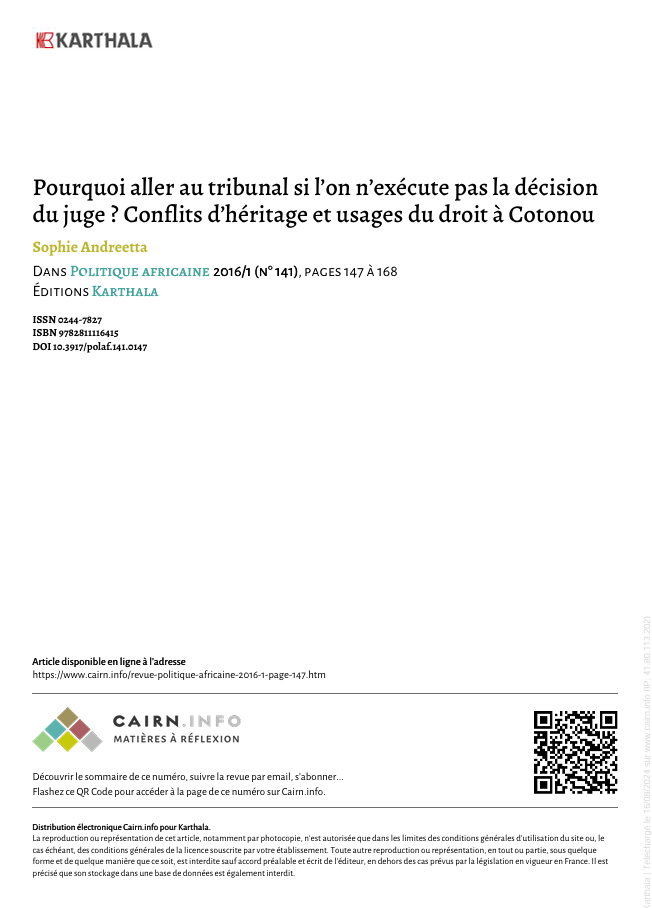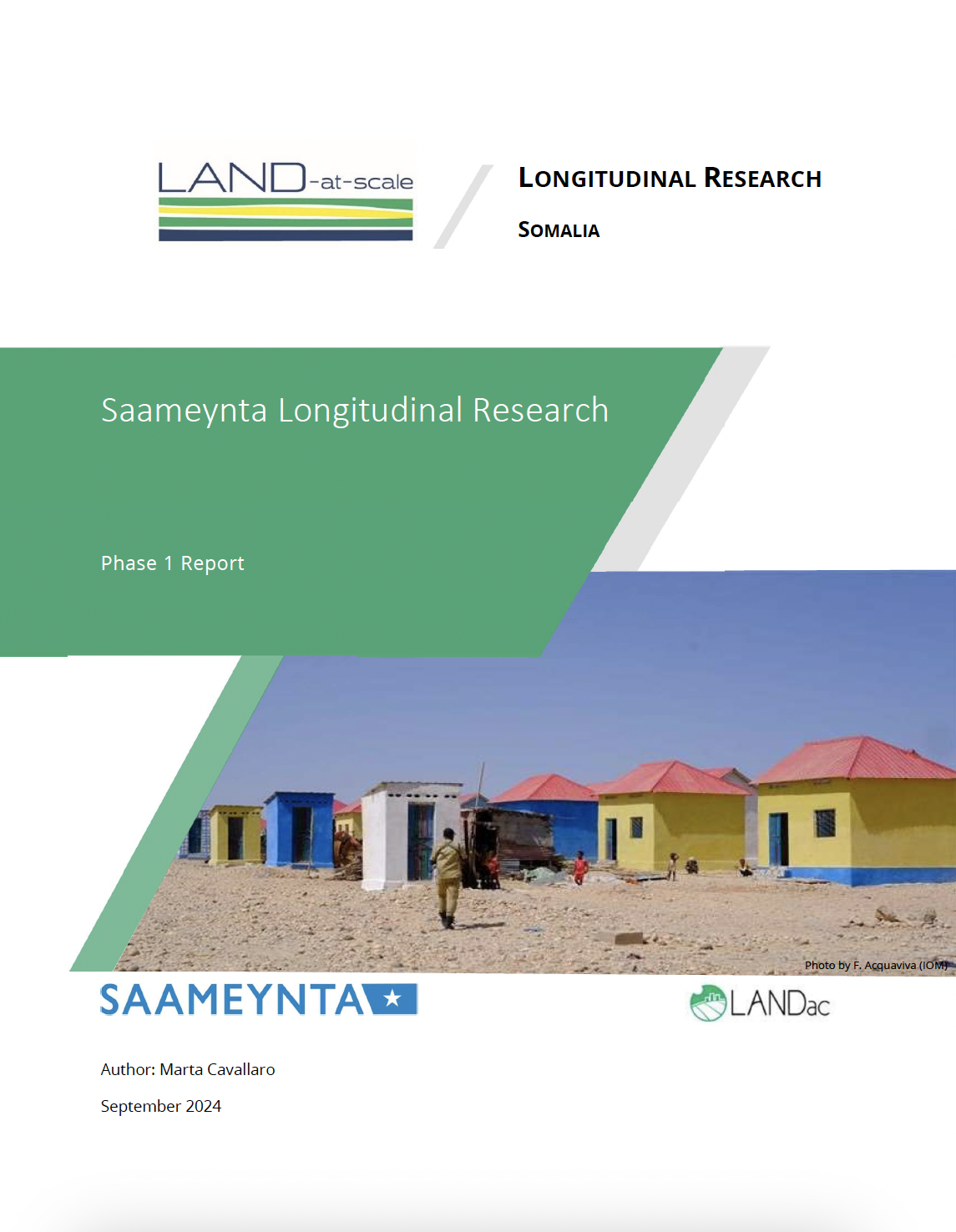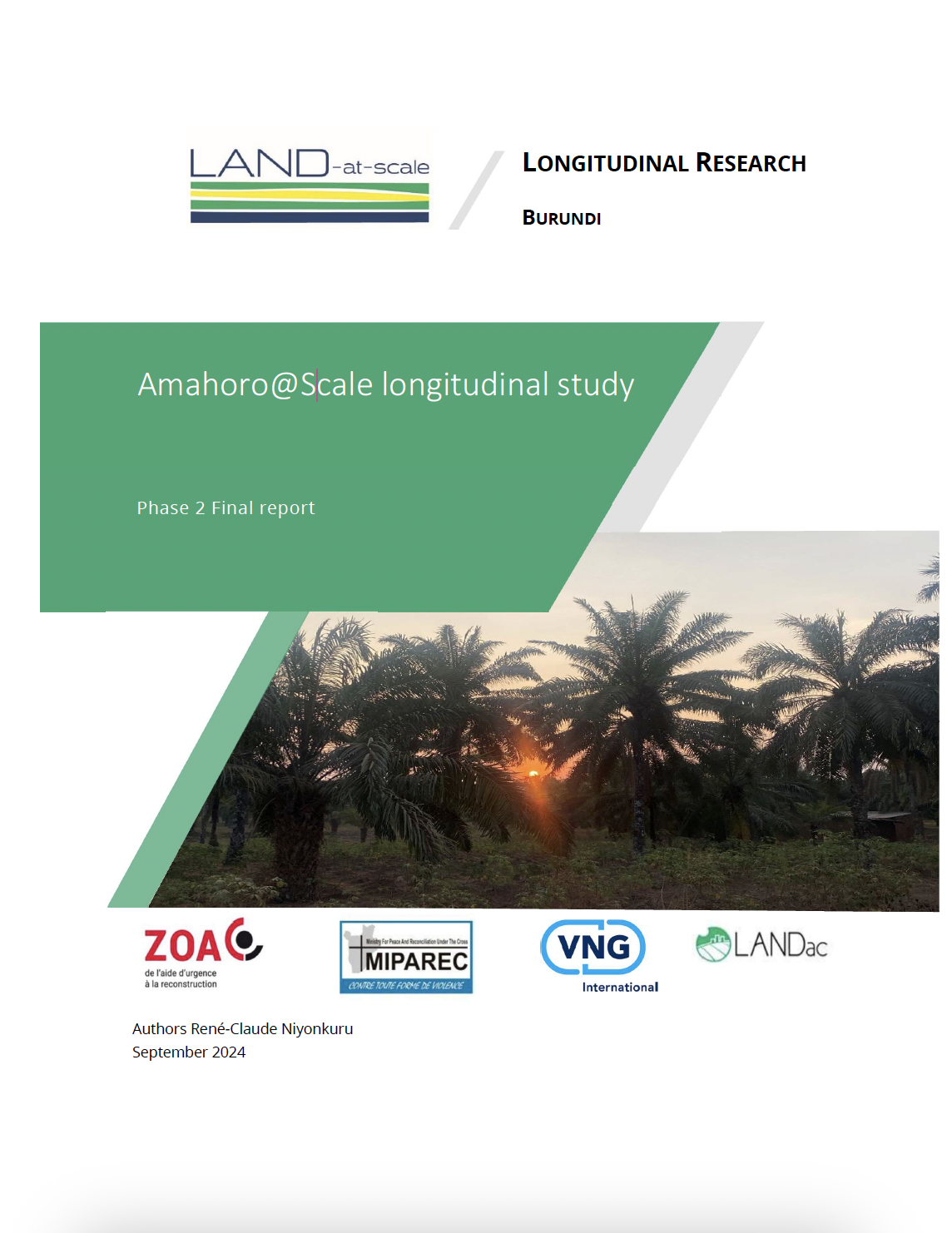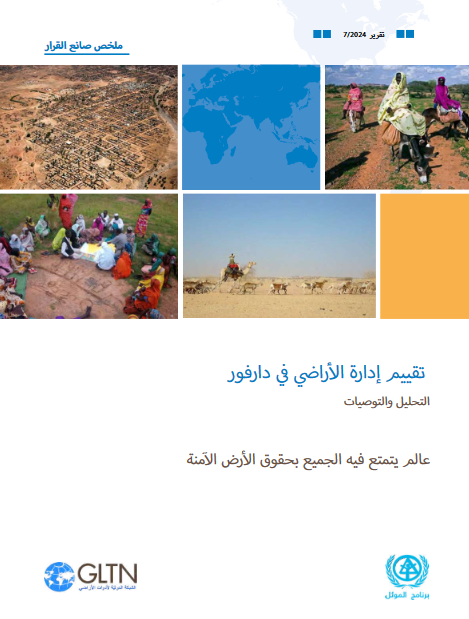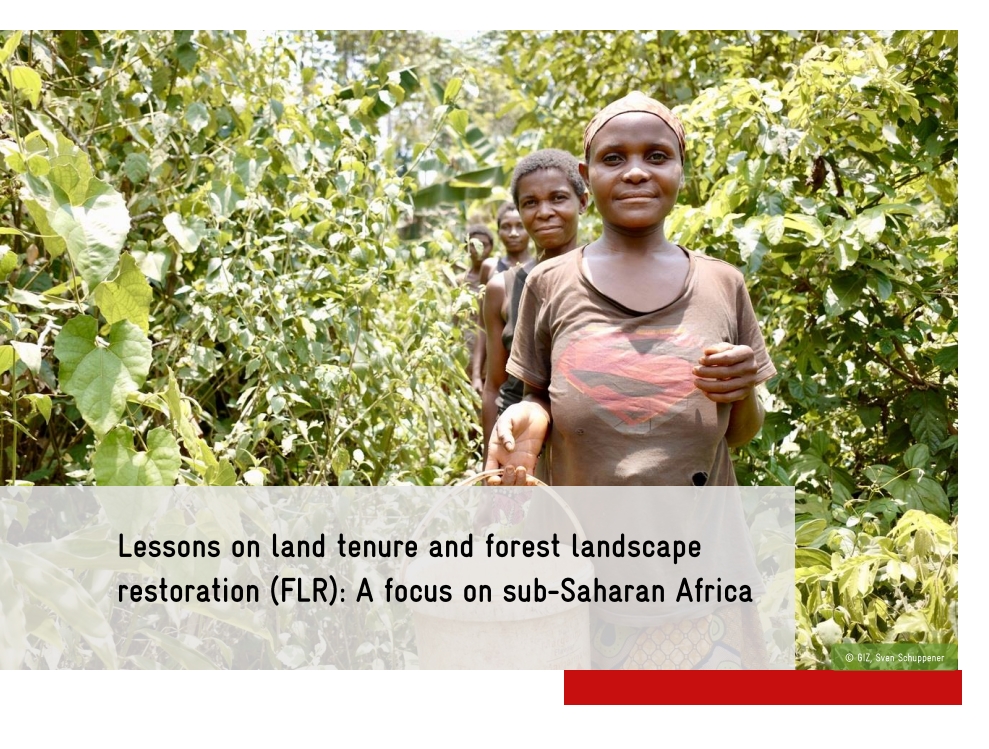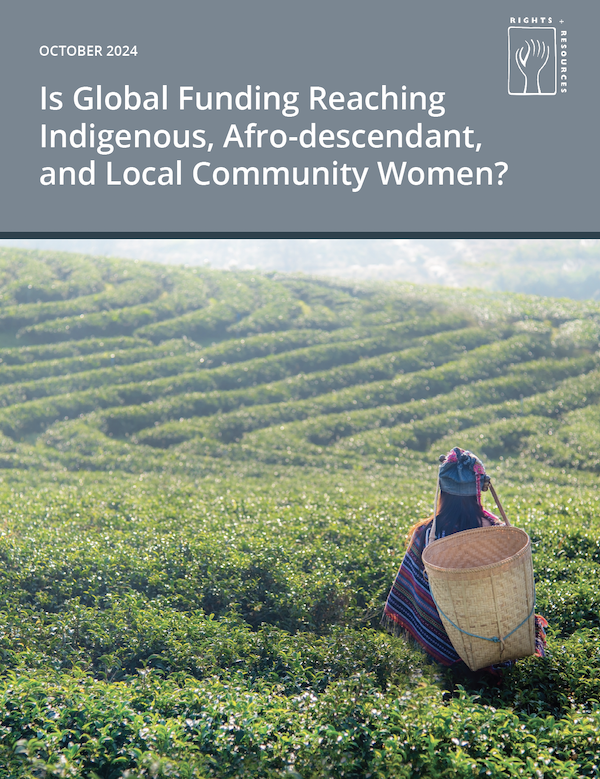LAND-at-scale Exchange 2024 Summary Report
After two years of organizing the LAND-at-scale Exchange in Utrecht, the third LAND-at-scale exchange took place from June 9th to June 13th in Uganda, hosted by LAS partner UN-Habitat/ Global Land Tool Network. Nearly 60 LAS country and knowledge partners came together in Kampala to exchange lessons learned and explore common challenges. As of 2024, twelve country projects are being implemented under the LAS program, namely Burkina Faso, Burundi, Chad, Colombia, Egypt, Iraq, Mali, Mozambique, the Palestinian Territories, Somalia, Rwanda and Uganda.
Pourquoi aller au tribunal si l’on n’exécute pas la décision du juge ?
Ces dernières années, le nombre de conflits d’héritage gérés par le tribunal de première instance de Cotonou a considérablement augmenté. Pourtant, même lorsqu’une décision est rendue, peu de familles exécutent le jugement. Partant de ce constat, cet article vise à comprendre la manière dont les héritiers comprennent et utilisent le droit dans la capitale béninoise. La justice y est mobilisée pour agir sur les hiérarchies familiales et l’accès aux ressources – un objectif qui ne nécessite pas toujours de respecter la décision du juge.
Land governance and the politics of fair transitions: Deepening the search for social justice
The starting point for the Conference and Summit was the recognition that ongoing transitions in the name of climate change and clean energy are deeply unfair in multiple ways. Climate policies and so-called green investments place huge burdens on people and spaces in the Global South as well as on areas inhabited by marginalized populations in countries of the Global North. Their rights are put under pressure, safeguards are lacking or not enforced, and the room to defend their lands, forests, pastures, and territories is constrained.
Saameynta Longitudinal Research
The longitudinal study aims to delve into the link between displacement patterns and land governance in Somalia, as well as the impact of the solutions that are currently being used to address displacement in the context of the UN-led Saameynta program.
Amahoro@Scale longitudinal study
The context of Nyanza-Lac is both complex and interesting for researching land issues. It has a very high population density (more than 50% of the whole population of Makamba Province lives in Nyanza-Lac) and attracts flows of intra- and interregional migrants in search of fertile land and income-generating opportunities in the area.
Land governance in IGAD region- Sudan country porfile
Darfur Land Administration Assessment Report - Arabic Brief
In August 2020, the UN-Habitat Sudan Country Programme and the Global Land Tool Network (GLTN) published the “Darfur Land Administration Assessment: Analysis and Recommendations” report, developed in close cooperation with the United Nations Country Team of Sudan, the United Nations - African Union Hybrid Operation in Darfur (UNAMID) and the Darfur Land Commission.
Lessons on land tenure and forest landscape restoration (FLR): A focus on sub-Saharan Africa
It is important to understand and address land and forest tenure – comprehensively – if we are to work towards land and forest restoration that is both socially and ecologically sustainable. Forests are critical to planetary health, and the increasing threats of climate change, biodiversity loss and hunger call for urgent action at all levels.
Is Global Funding Reaching Indigenous, Afro-descendant, and Local Community Women?
In response to the dearth of data on funding for women and the need to support international advocacy promoting direct funding to IP, ADP, and LC women’s groups and organizations, the Rights and Resources Initiative (RRI) initiated a bottom-up research effort to build a baseline for measuring funding levels reaching community women on the ground and assess the extent to which existing grants and funding mechanisms are considered fit-for-purpose by recipient organizations.


